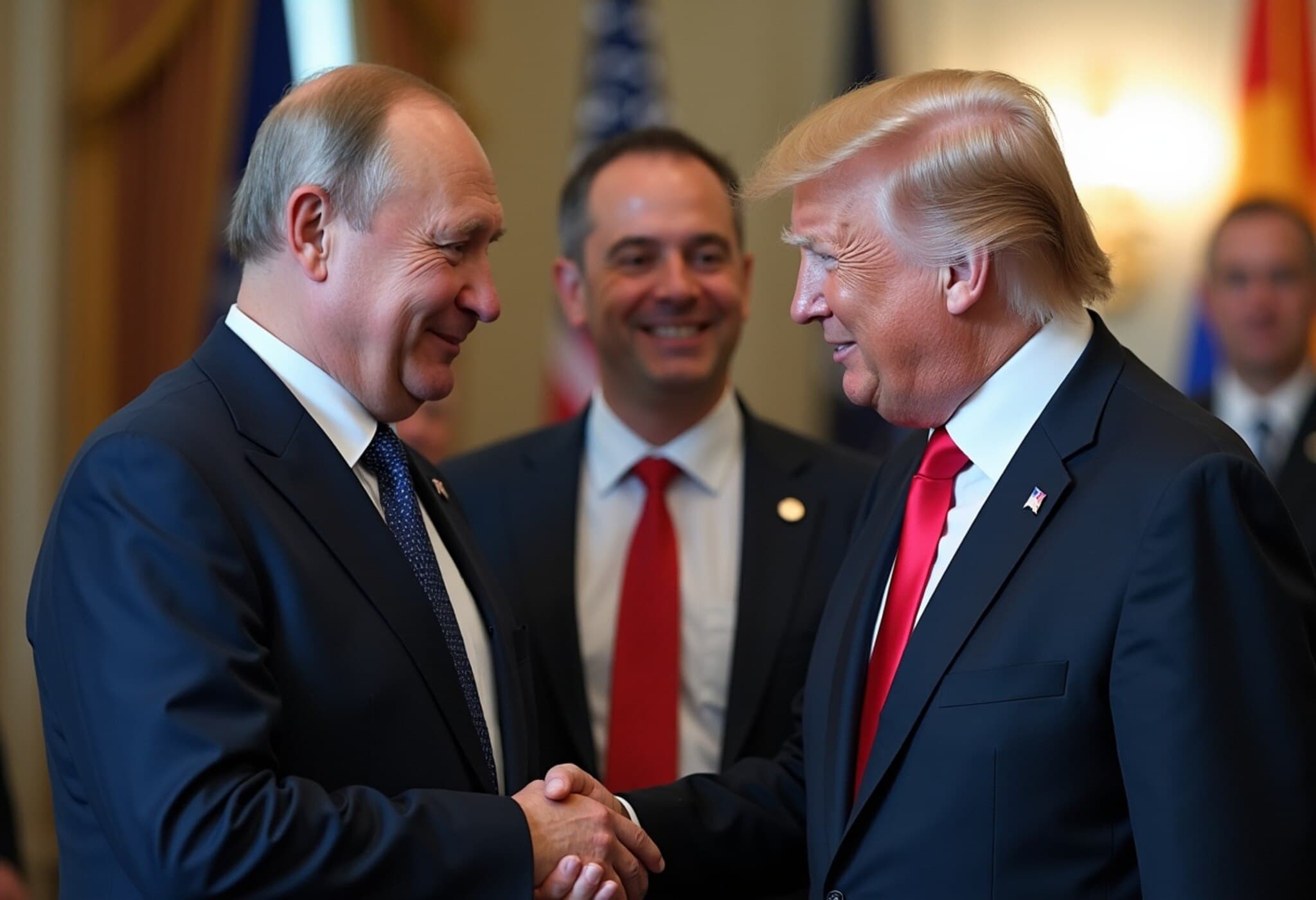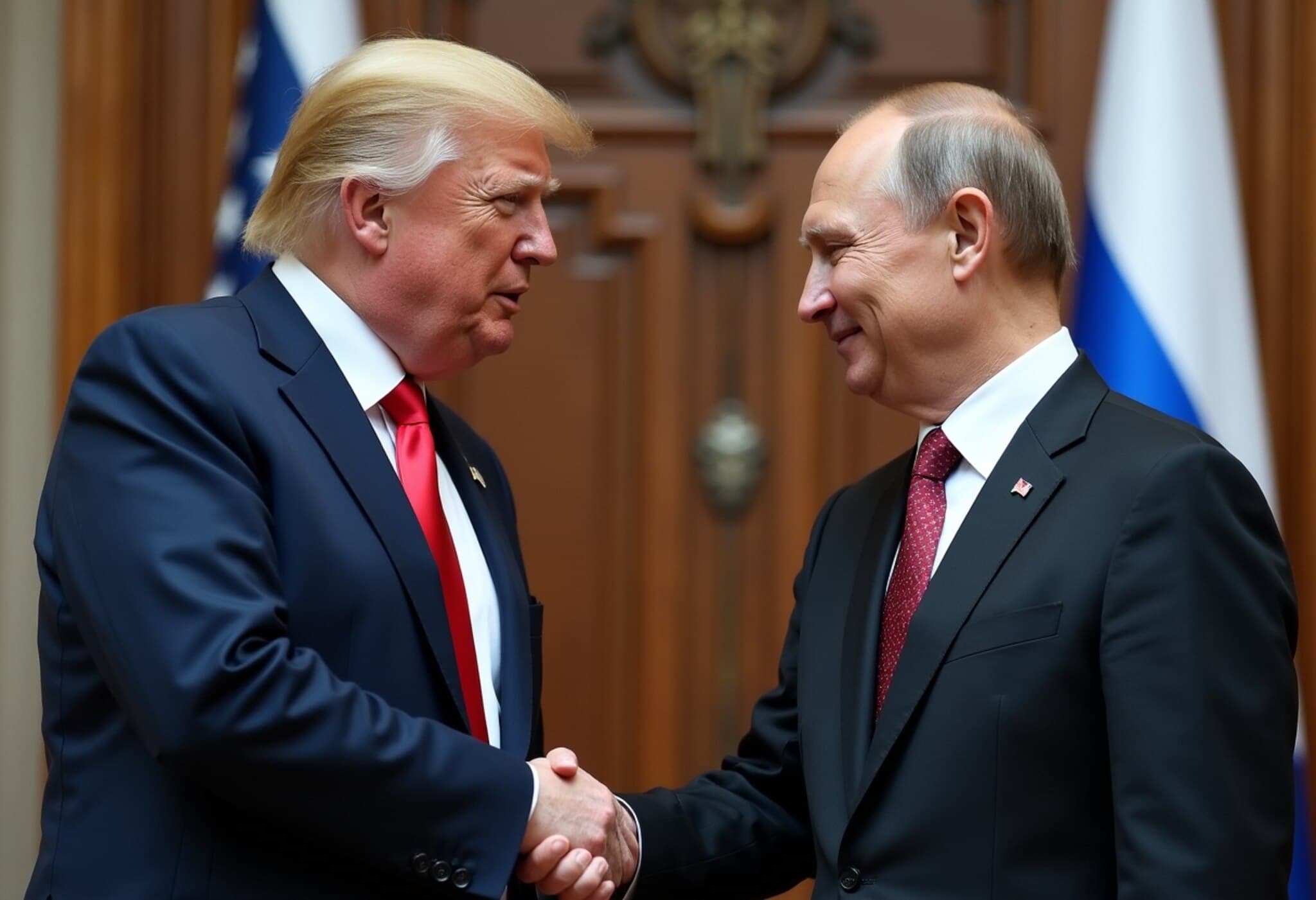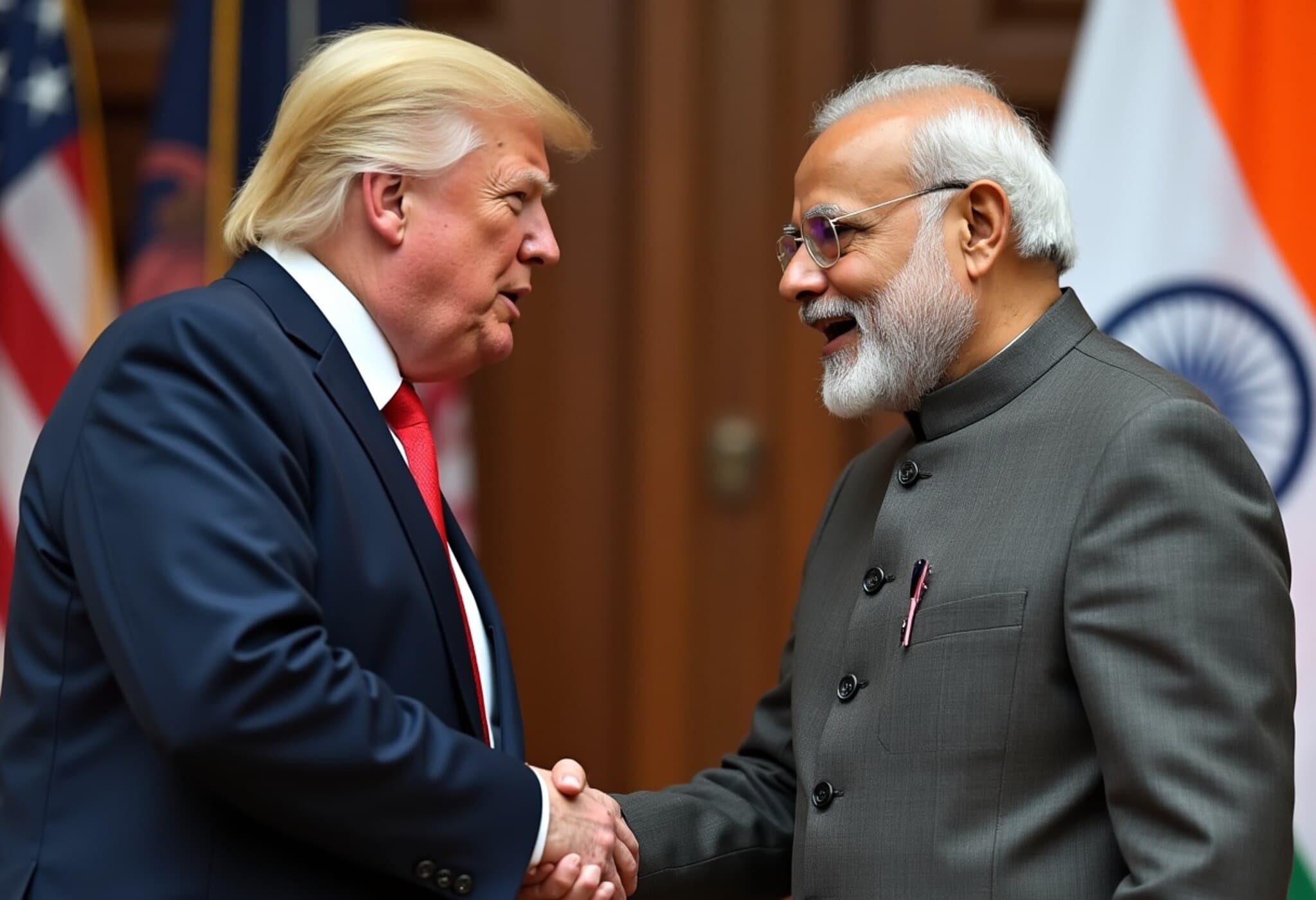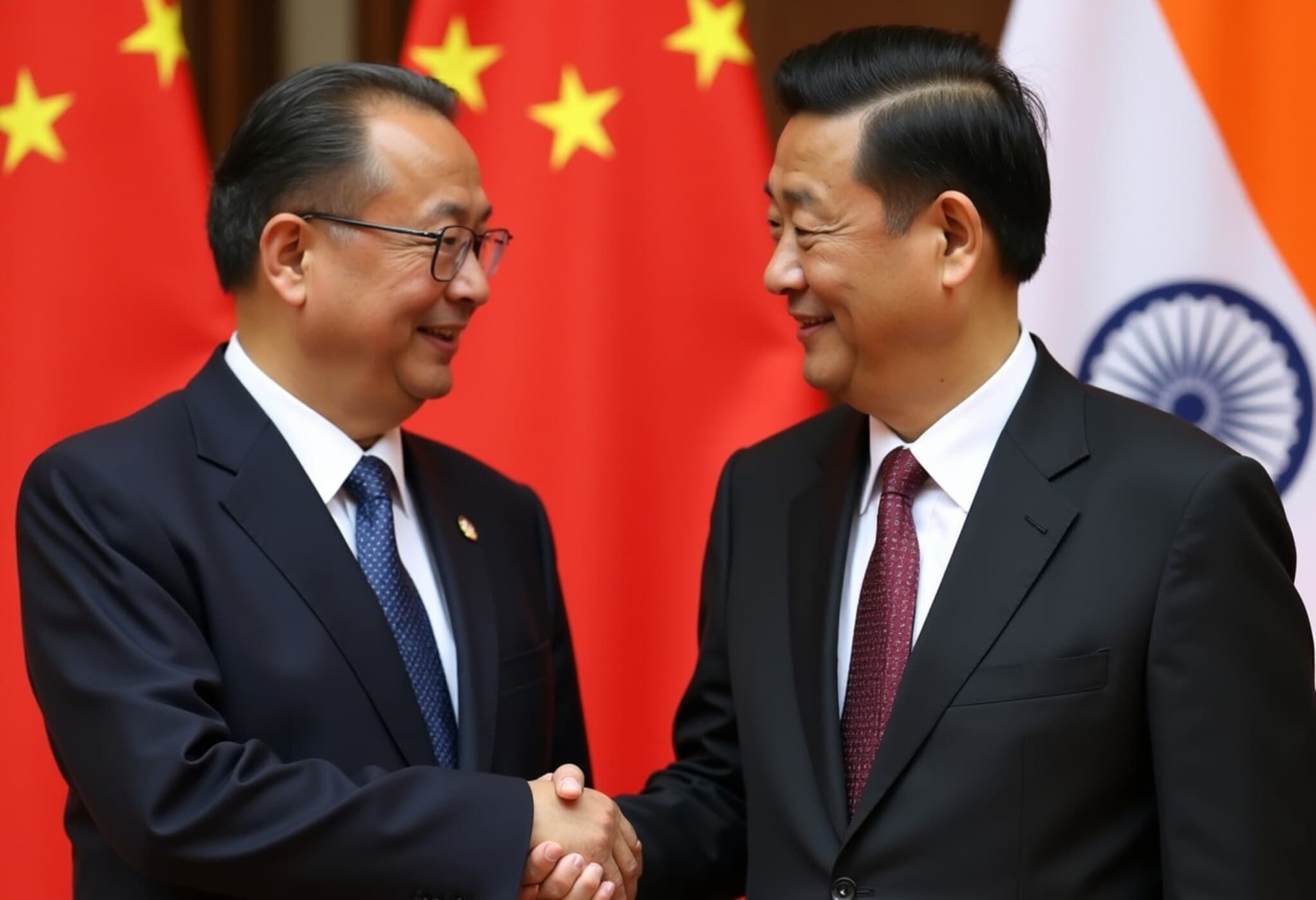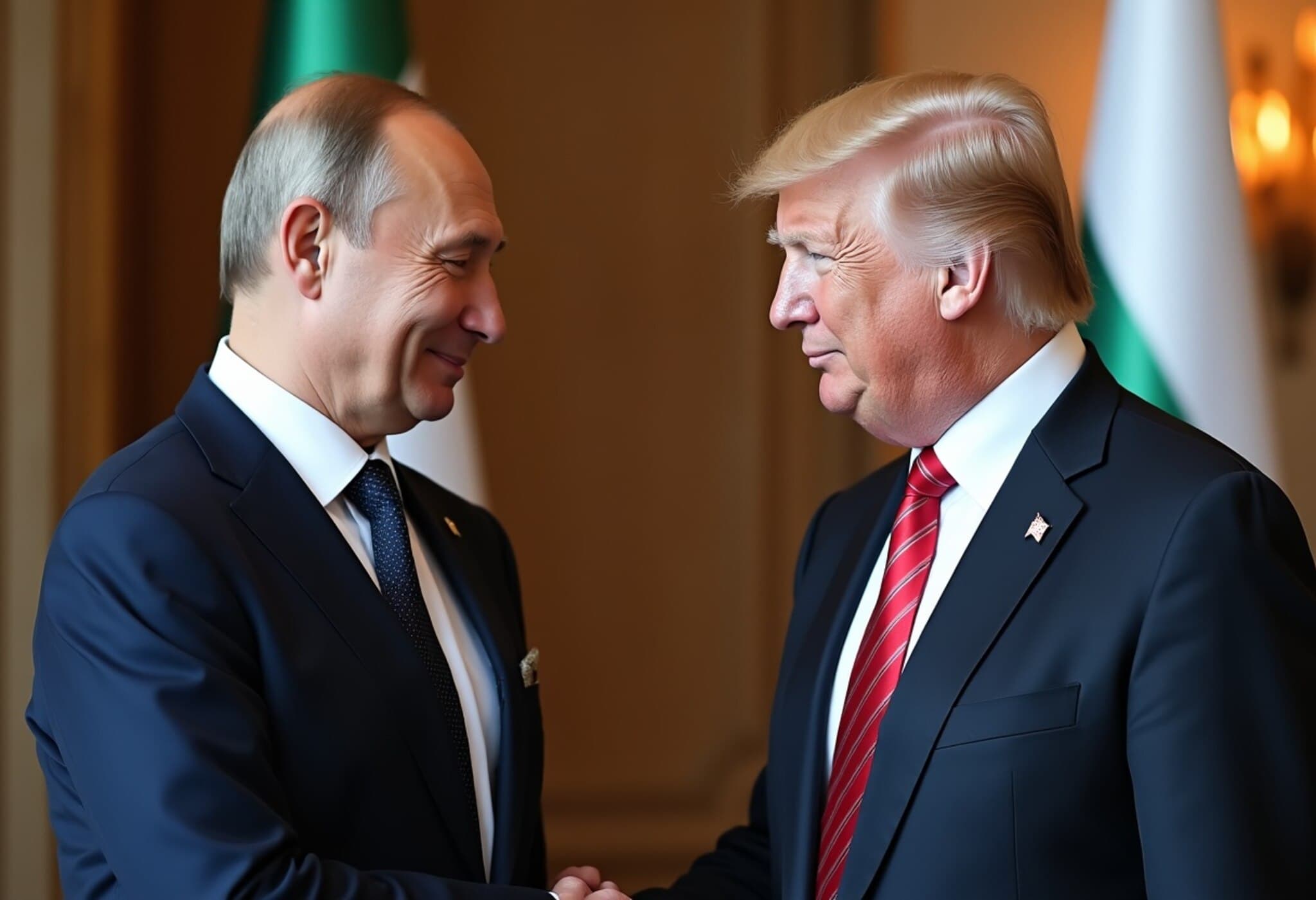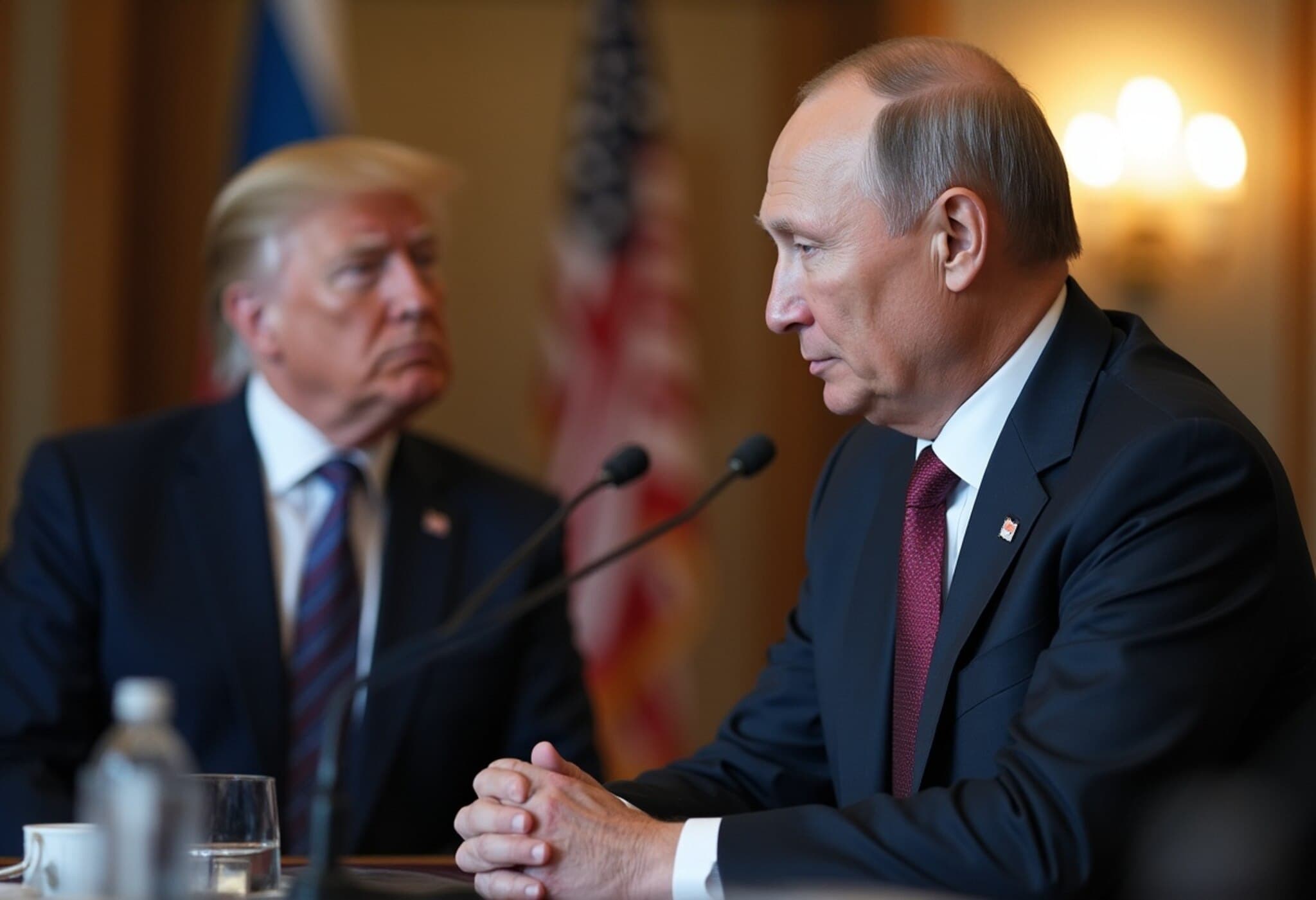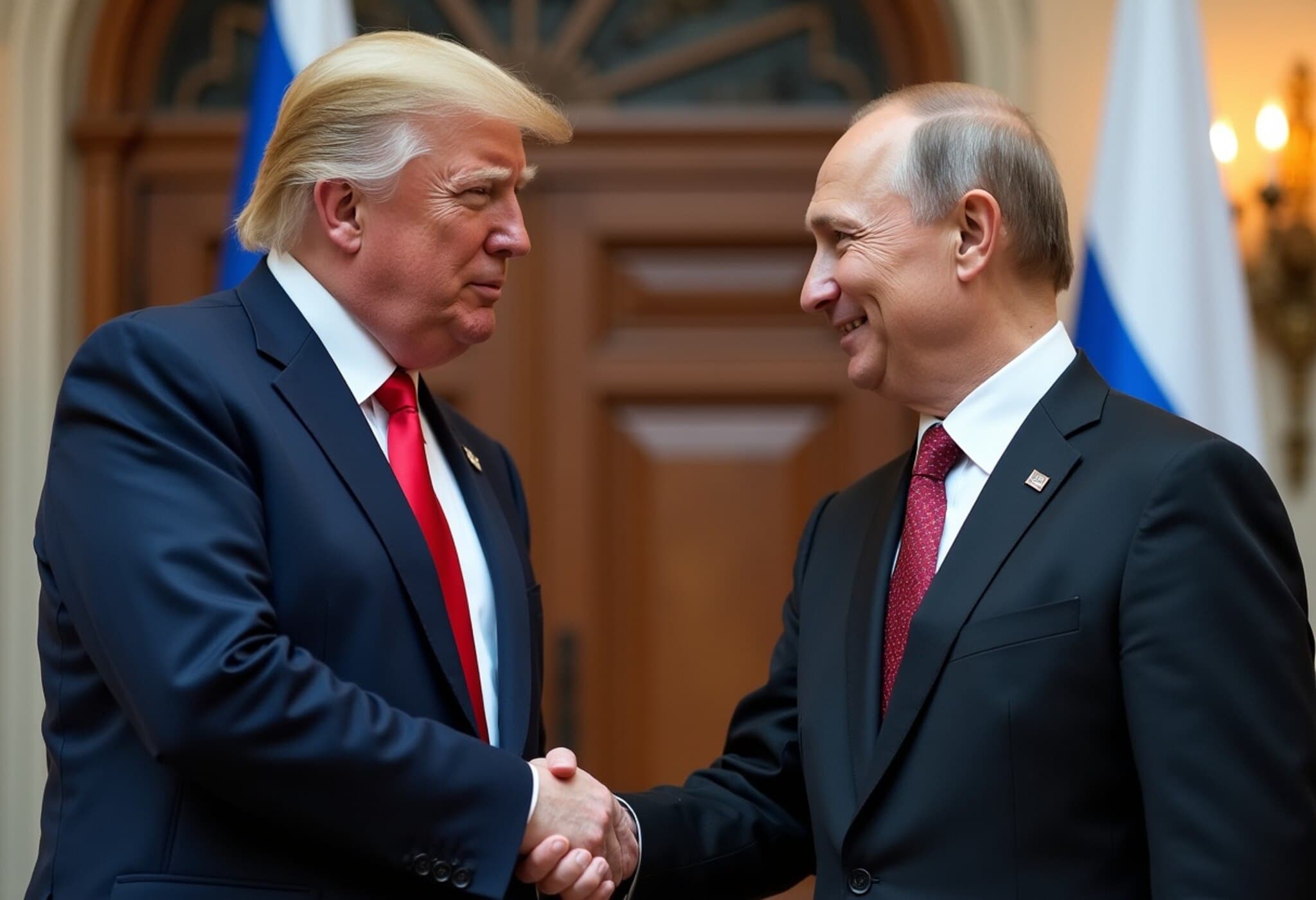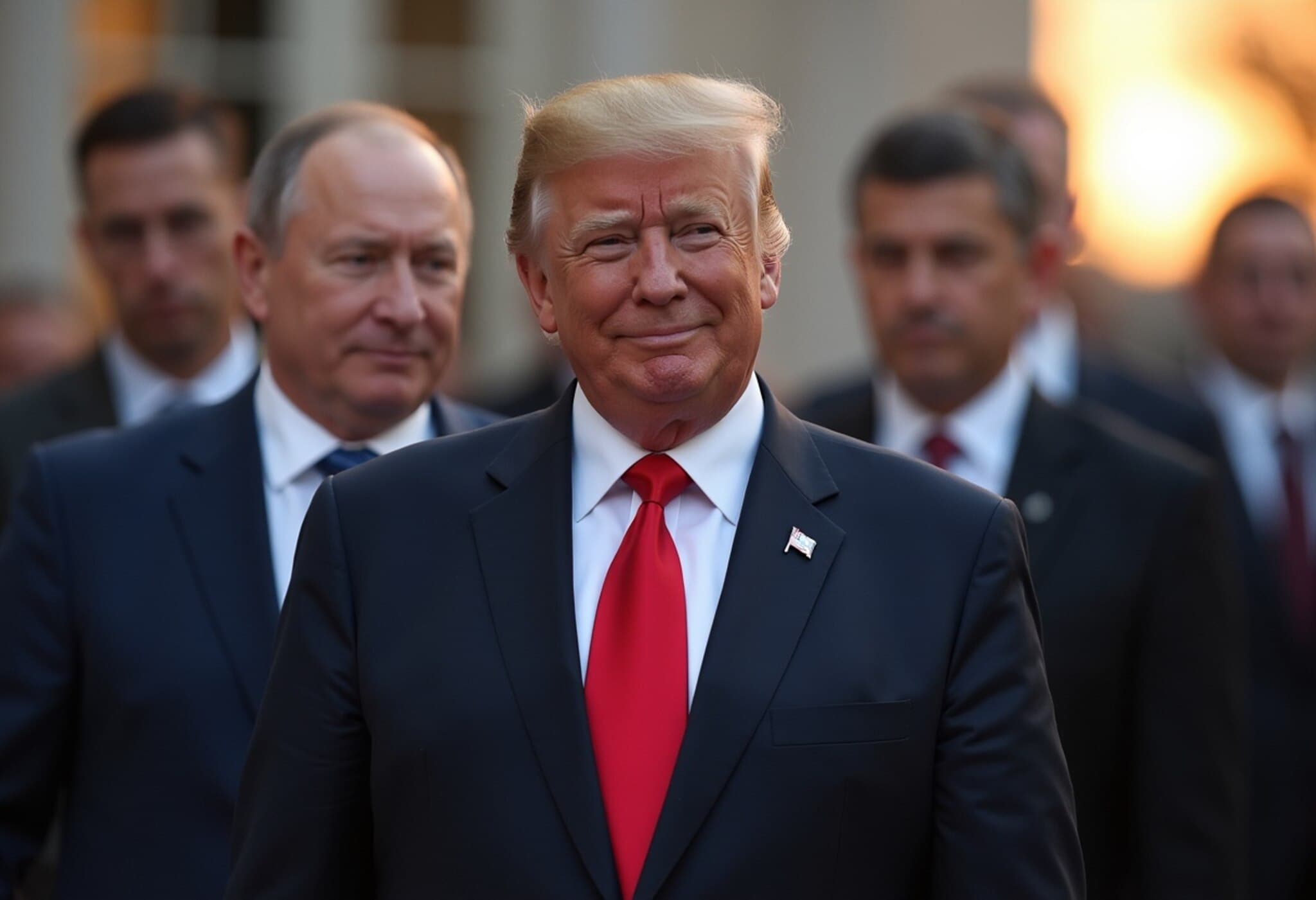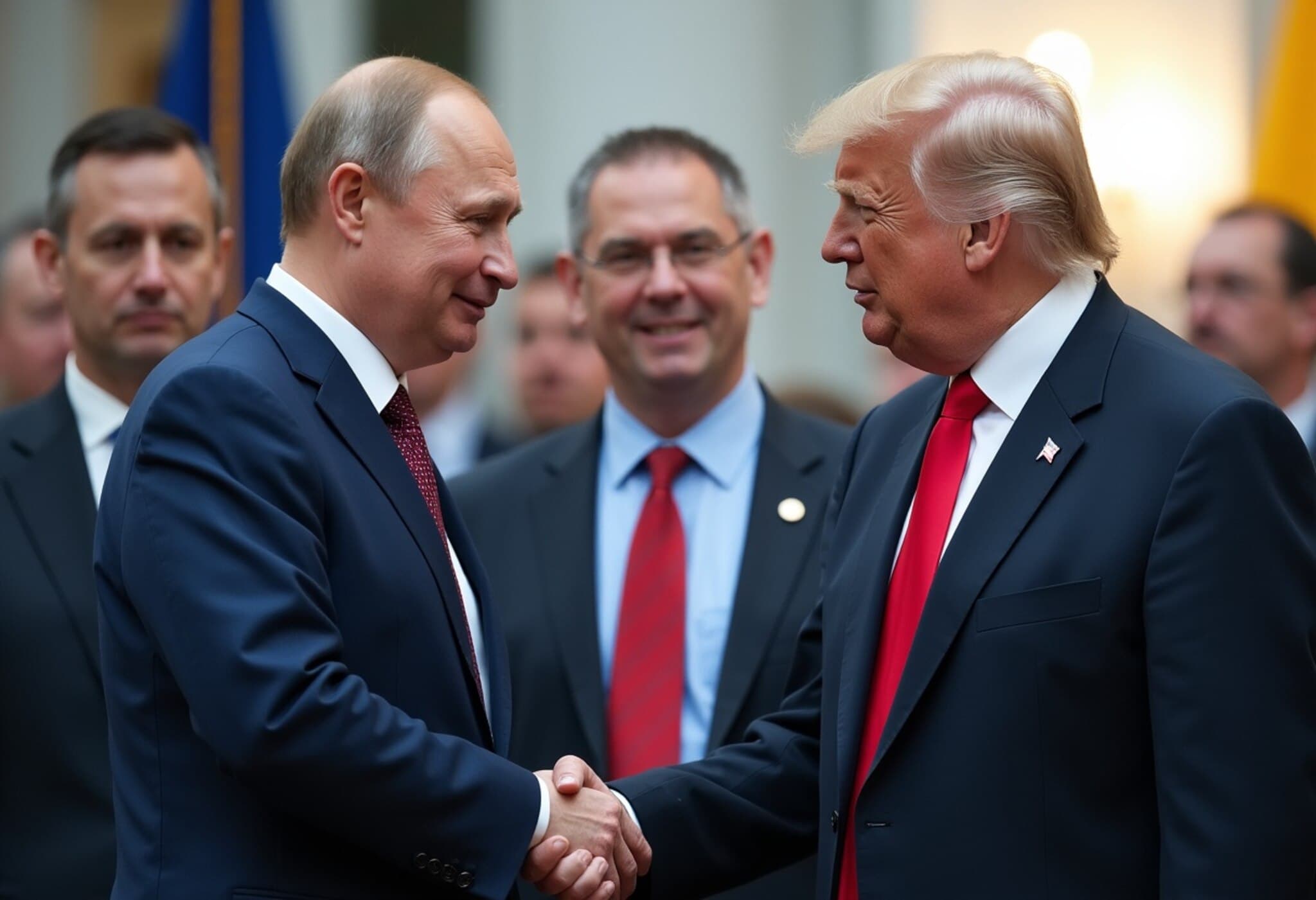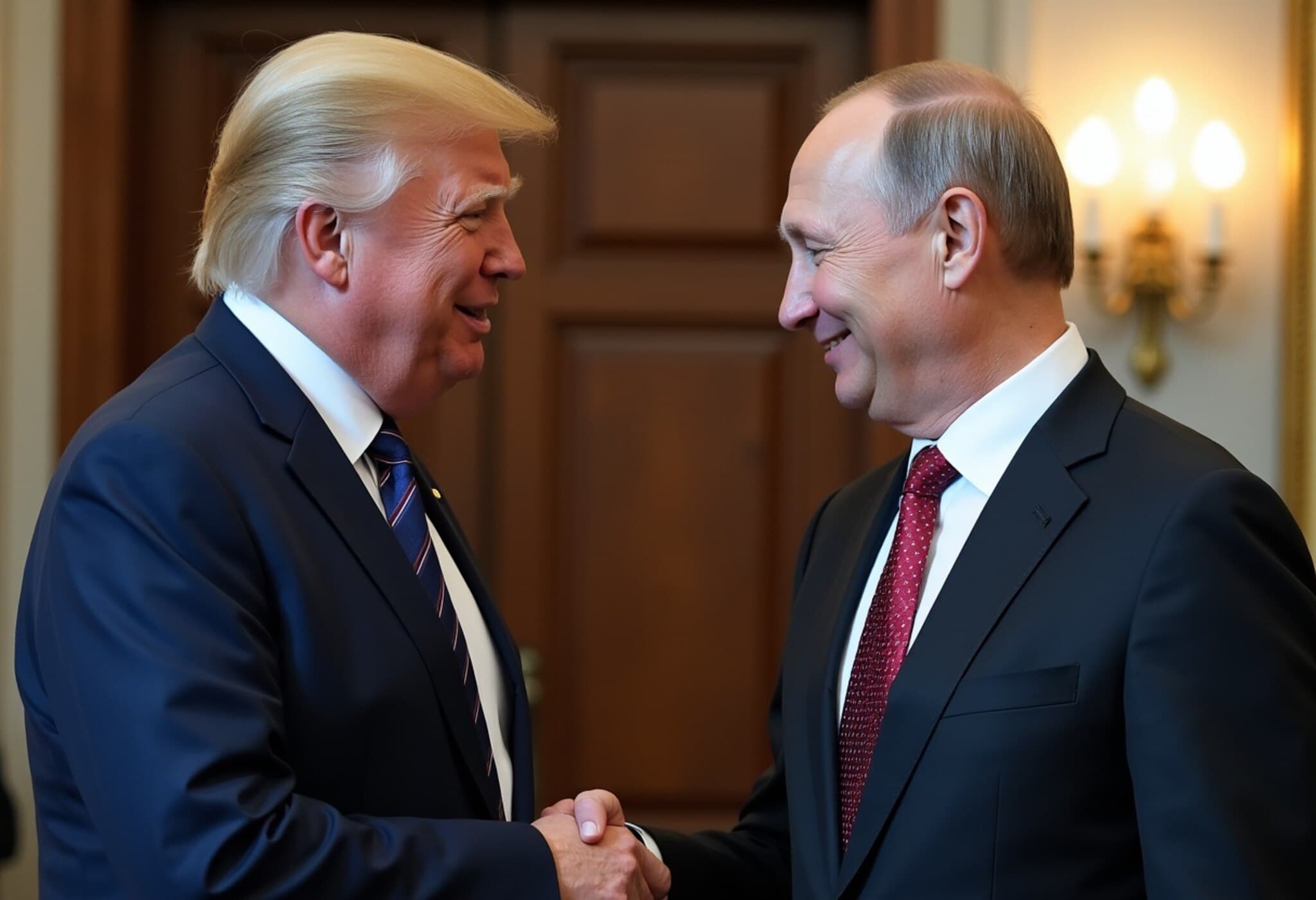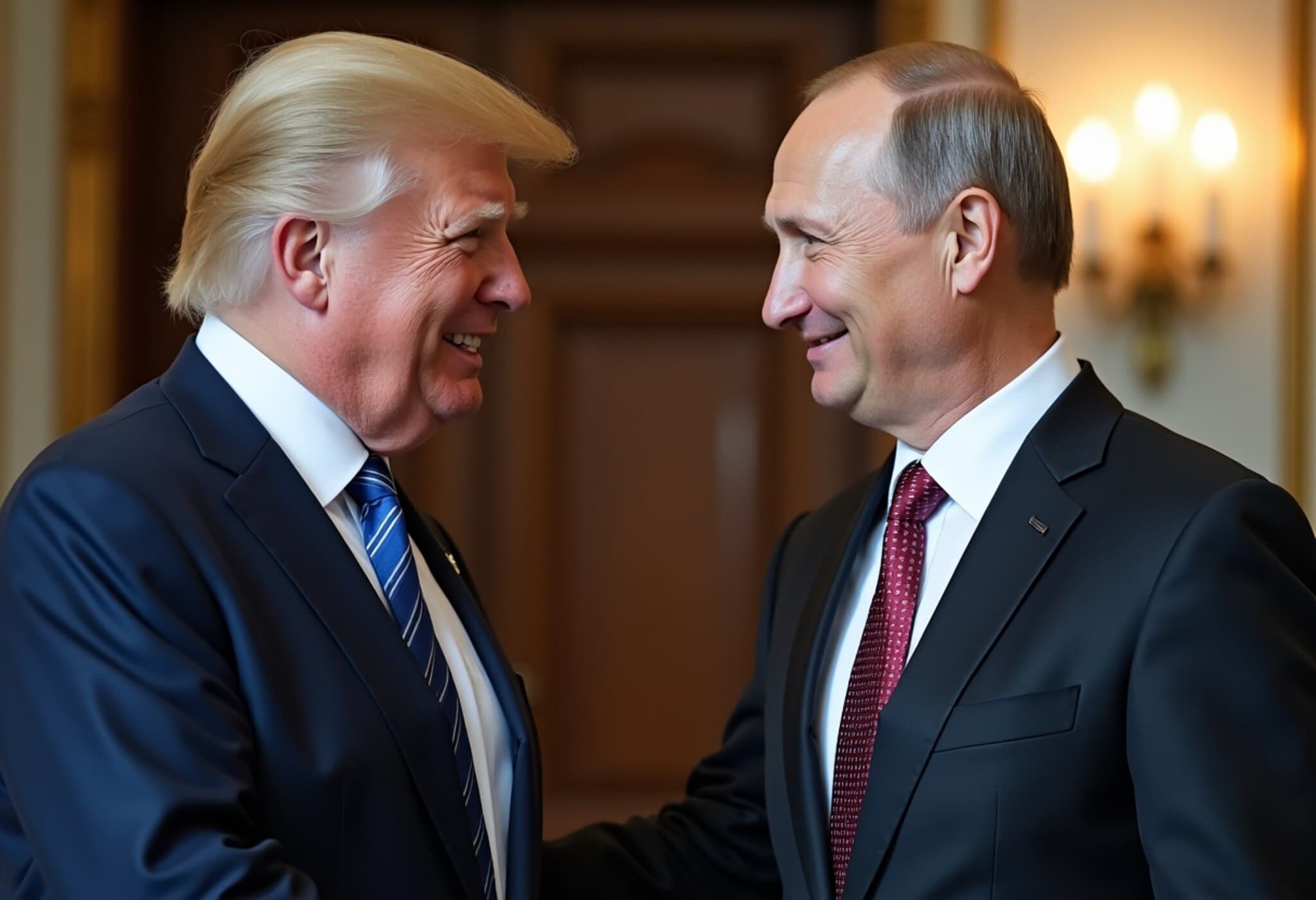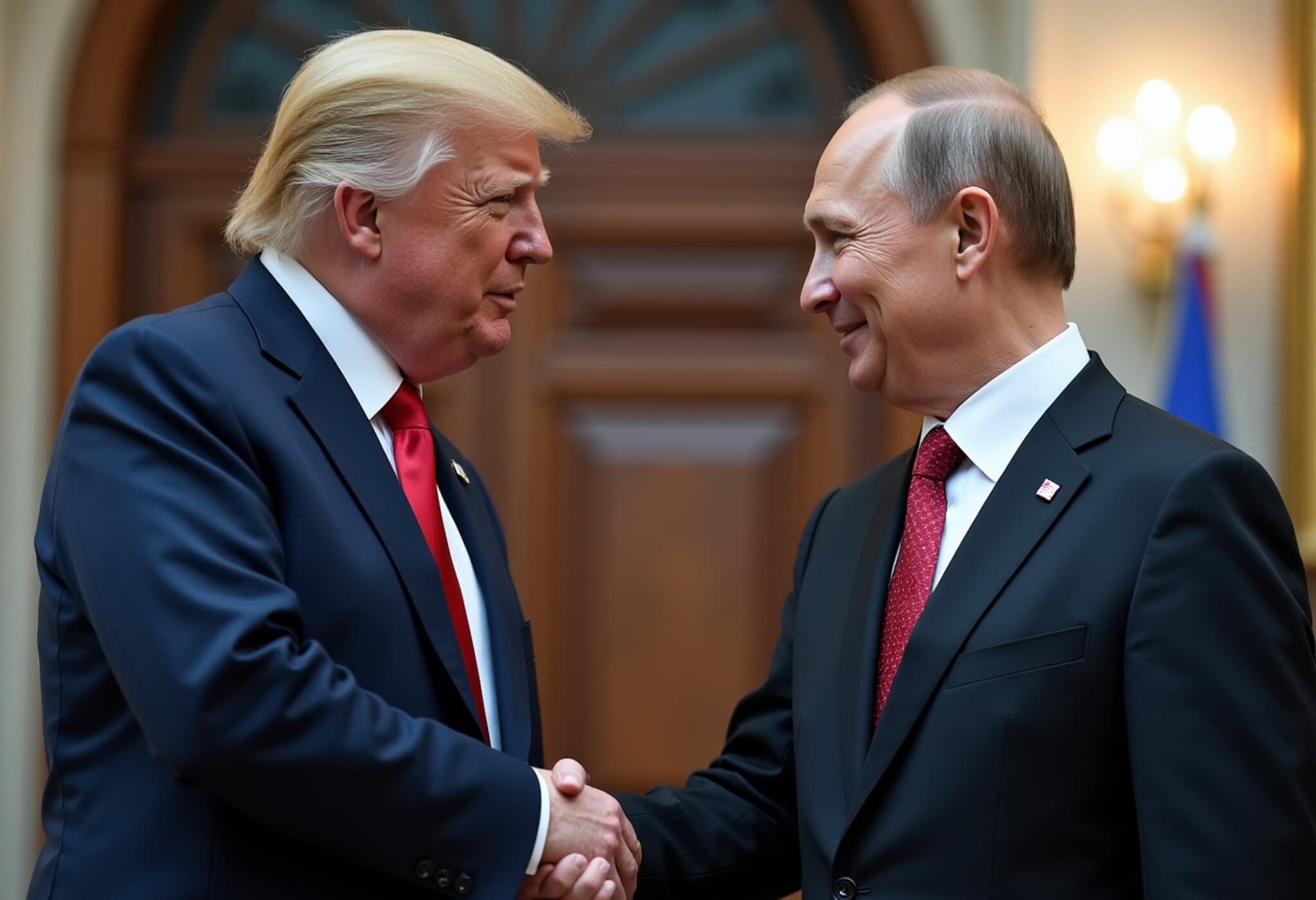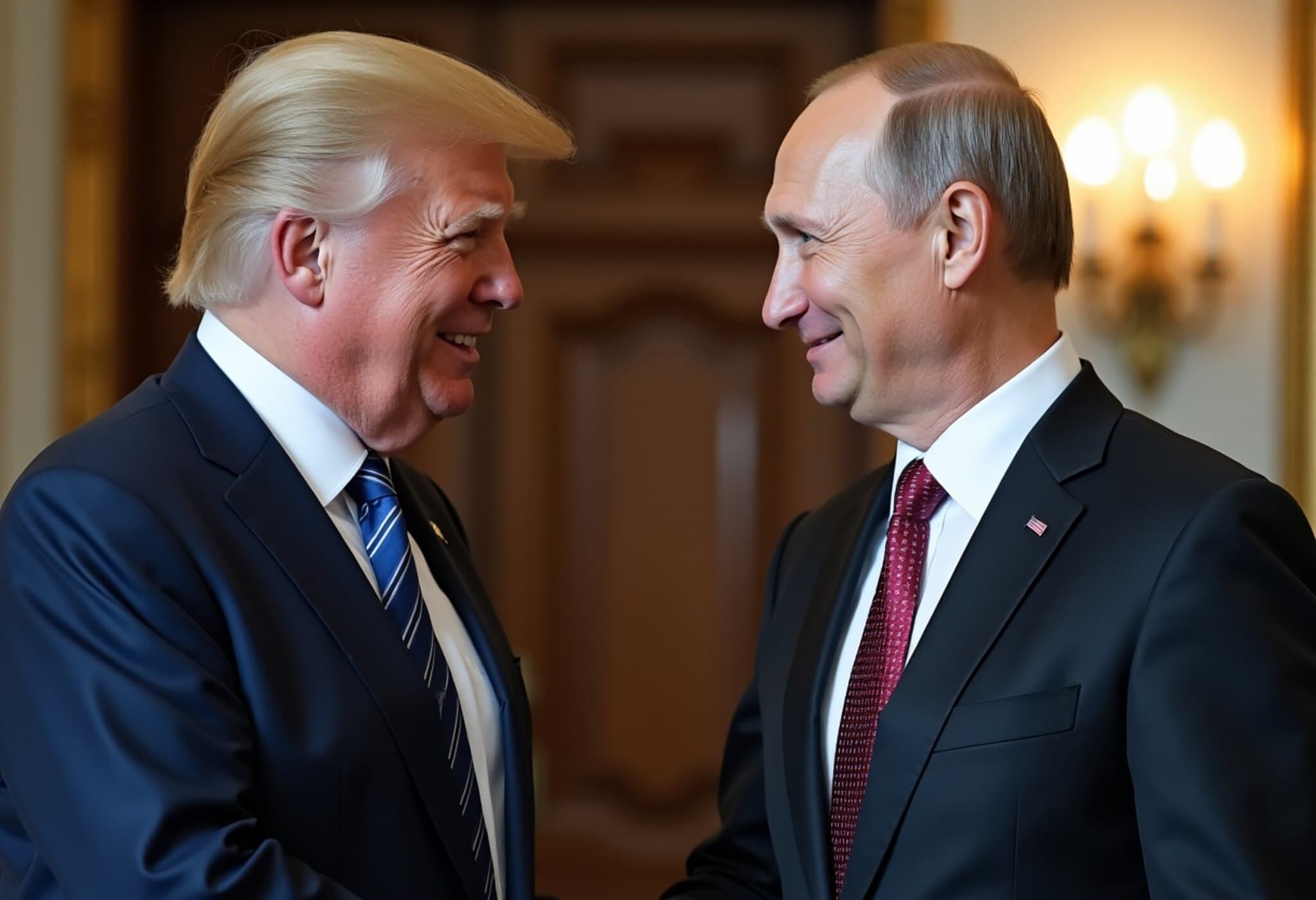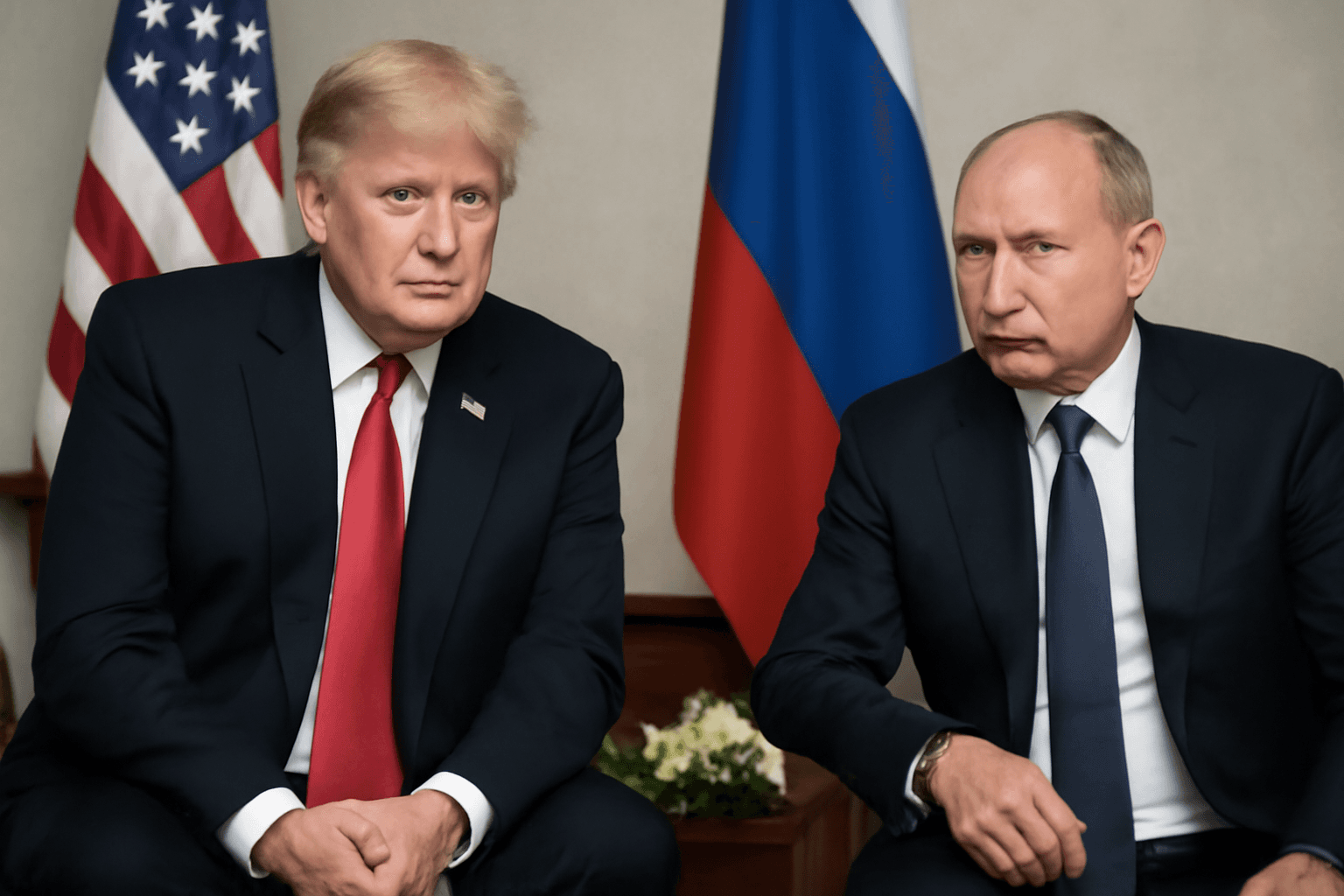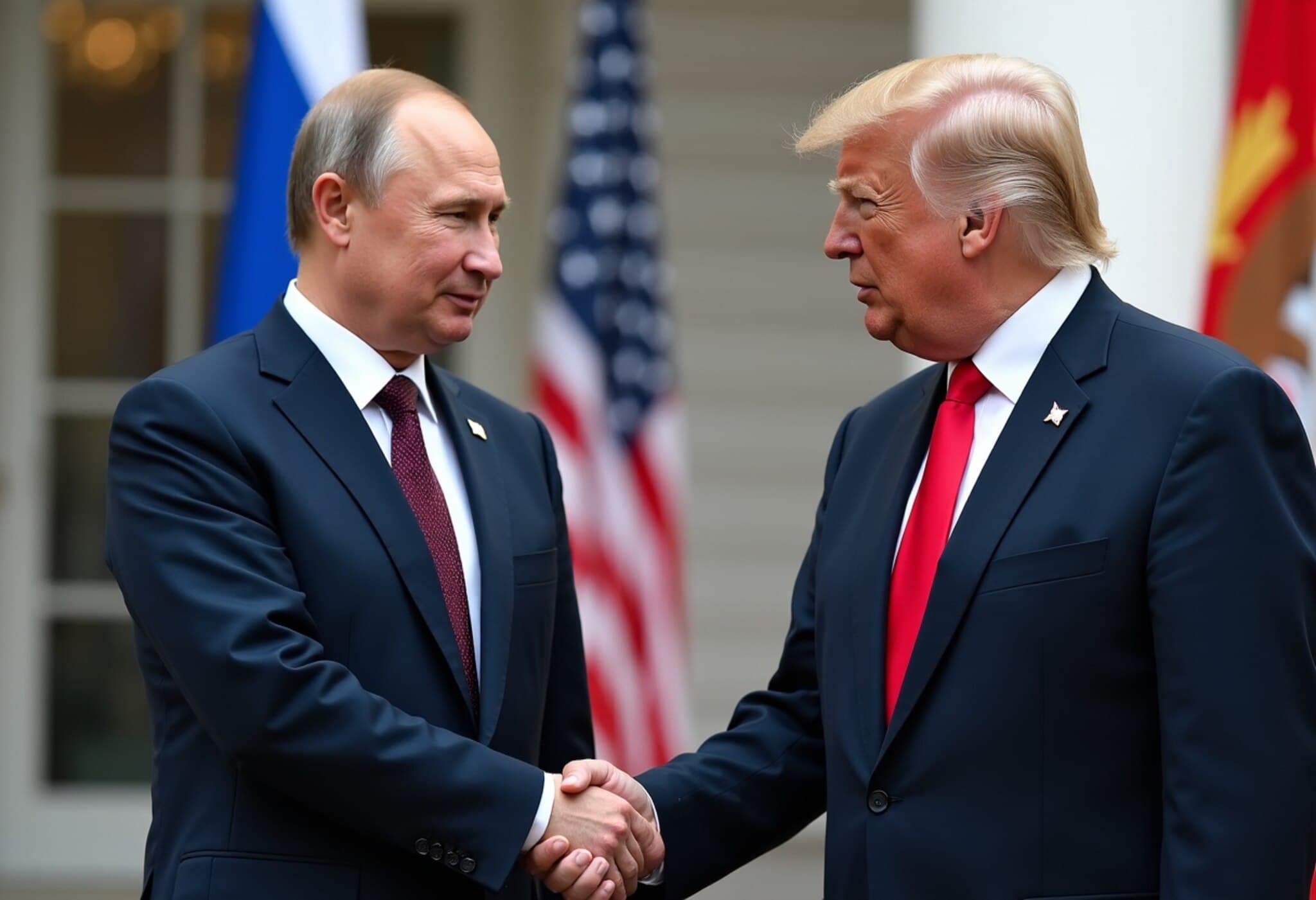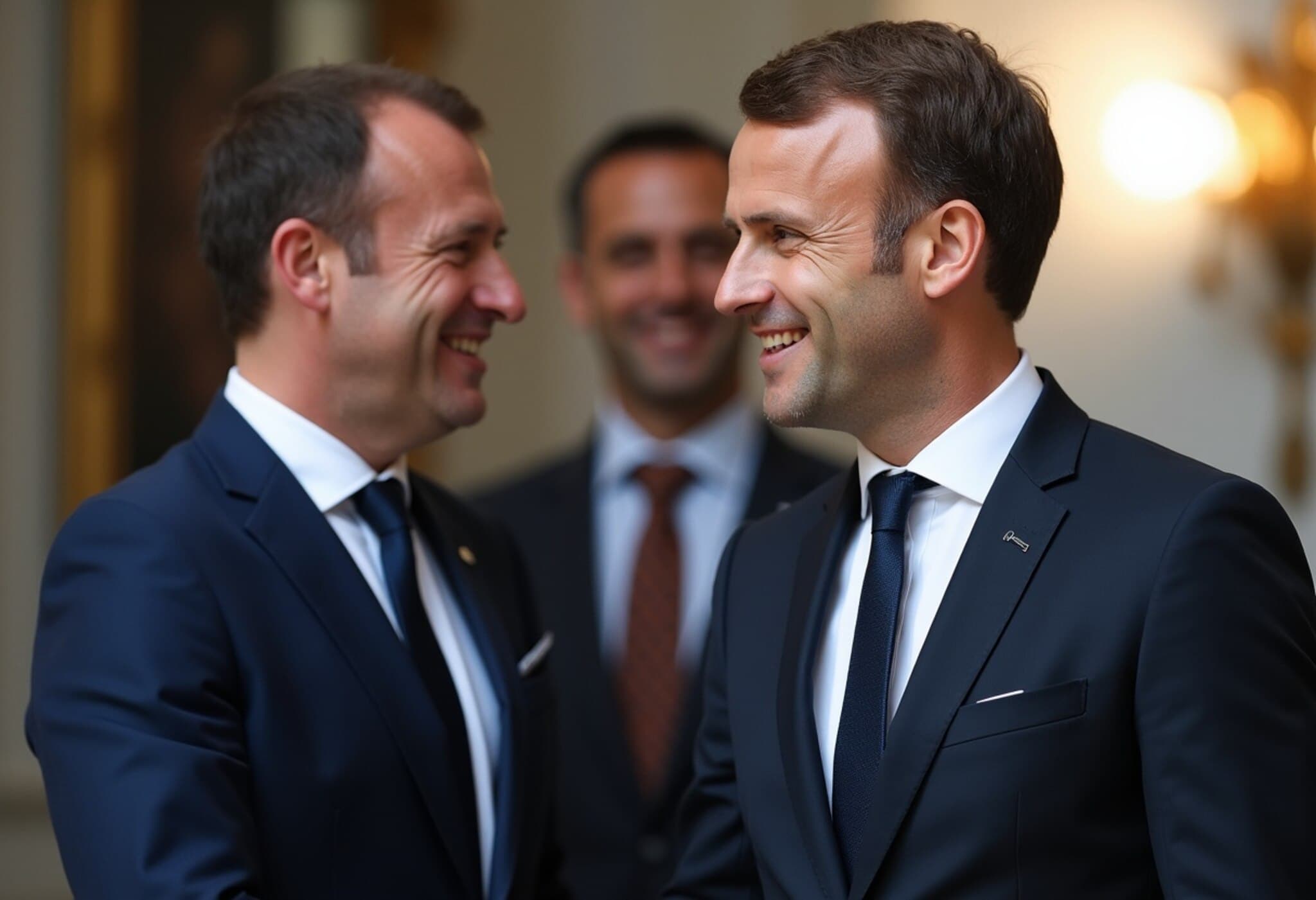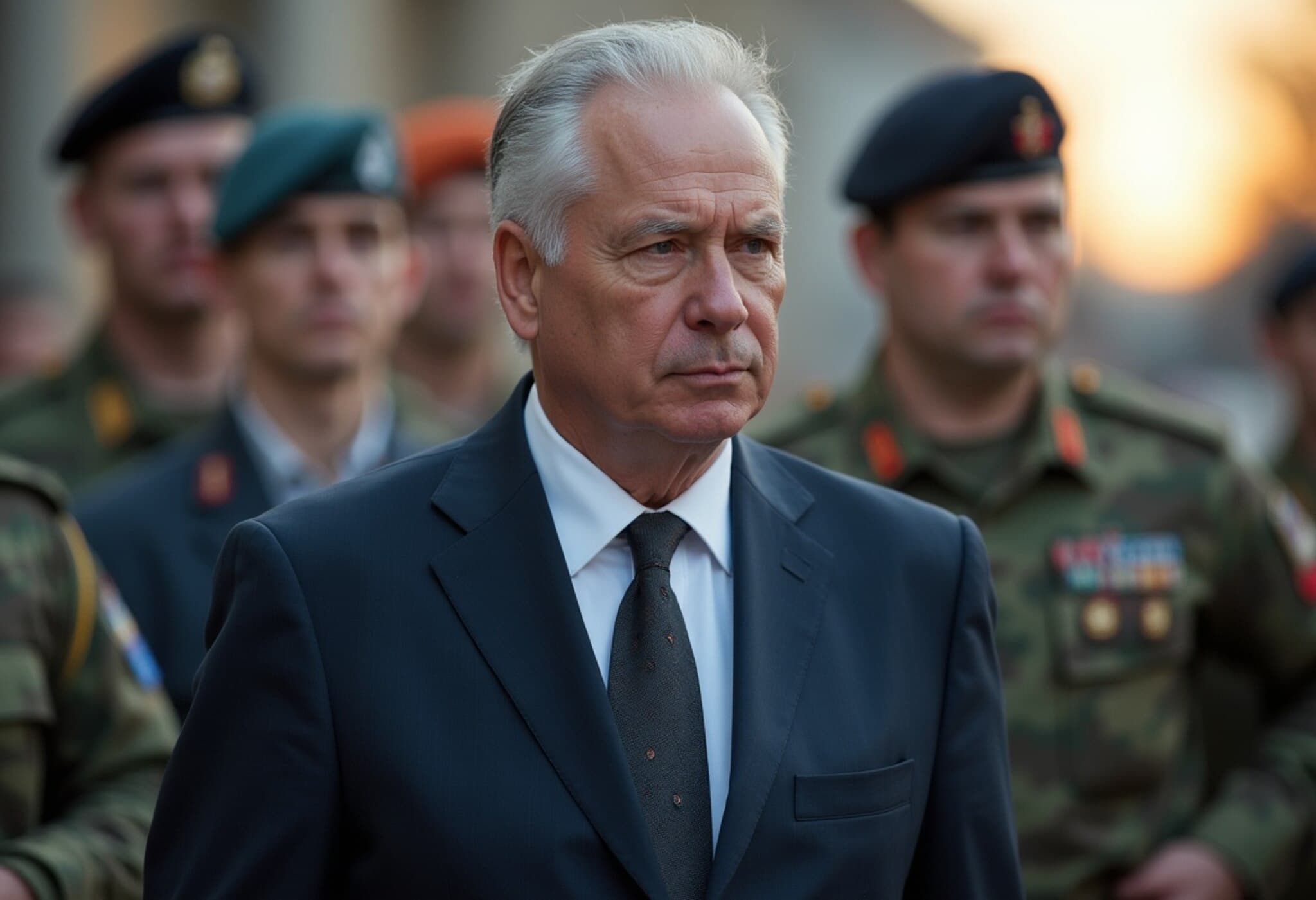Trump Commends Putin’s Alaska Visit Amid Rising Tensions
In a statement ahead of a highly anticipated summit, former US President Donald Trump lauded Russian President Vladimir Putin’s willingness to travel to Alaska for what he described as a pivotal one-on-one meeting. Trump emphasized the significance of the meeting, suggesting it could pave the way for a potential resolution to the ongoing conflict in Ukraine.
A ‘Feel-Out’ Meeting With High Stakes
Describing Friday’s summit as a “feel-out meeting,” Trump conveyed a sense of cautious optimism, claiming he would be able to discern within minutes whether a meaningful agreement could be reached. “At the end of that meeting – probably in the first two minutes – I’ll know exactly whether or not a deal can be made,” Trump stated, underscoring his confidence in his negotiating acumen.
Criticism of Zelensky and Ukraine’s Role
Contrasting his praise for Putin, Trump was critical of Ukrainian President Volodymyr Zelensky. Although asserting he “gets along with Zelensky,” Trump expressed deep disagreement with the Ukrainian leader’s handling of the conflict, framing the war as one that “should have never happened.” Trump questioned Zelensky’s participation in past negotiations, saying, “He’s been there for 3½ years, nothing happened.”
Trump also challenged Zelensky’s insistence on parliamentary approval for potential territorial concessions, suggesting inconsistency in his position given Ukraine’s authorization of military action.
Insights From Foreign Policy Experts
Michael McFaul, former US ambassador to Russia, critiqued Trump’s stance, noting that such comments “do not inspire confidence” in his capacity to mediate the conflict effectively. Observers highlight that while Trump champions the idea of land swaps—acknowledging some territories along the Sea of Azov and Black Sea held by Russia as “valuable property”—the complexities surrounding Ukraine’s constitutional sovereignty and national sentiment render any such solutions politically sensitive.
European and Ukrainian Reactions
European leaders and Ukraine have underscored the imperative of including Kyiv in any peace discussions. Following Trump's announcement, Canadian Prime Minister Mark Carney and UK Prime Minister Keir Starmer jointly emphasized that “no decisions concerning Ukraine’s future and the security of our people can be made without Ukraine’s participation.”
Ukrainian President Zelensky expressed skepticism about the efficacy of the summit, citing intelligence reports suggesting Putin is not preparing for a ceasefire but rather aiming to use the meeting as a propaganda victory. Zelensky stated, “Putin is determined only to present a meeting with America as his personal victory and then continue acting exactly as before.”
Contextualizing Trump’s Approach
Trump’s evolving stance on the Russia-Ukraine war reflects a blend of strategic ambiguity and political calculation. Initially highlighting his rapport with Putin, Trump has vacillated between suspicion and engagement. Notably, Trump has resisted bipartisan sanctions efforts and has delayed applying significant pressure on Russia compared to his successors.
Senator Lindsey Graham, a vocal advocate for Ukraine, expressed cautious optimism, asserting confidence that Trump would engage Putin “from a position of strength” and pursue an honorable resolution that safeguards Ukrainian and European interests.
The Summit’s Historic Significance
This meeting marks the first US-Russia presidential summit since President Biden met Putin in Geneva in June 2021. The outcome has the potential to influence not only immediate diplomatic relations but also the broader geopolitical balance regarding Eurasian security.
Looking Ahead: Possible Outcomes and Risks
Trump left open the possibility of walking away from the negotiations if a deal seemed untenable, remarking, “I may leave and say good luck and that’ll be the end. I may say, ‘This is not going to be settled.’” Analysts caution that such an outcome could prolong the conflict or embolden hardline stances on both sides.
Underreported Perspectives and Critical Questions
- What legal and constitutional hurdles exist within Ukraine concerning territorial concessions? The constitutional requirement for parliamentary approval suggests any land swap is fraught with domestic political complexity.
- How do ordinary Ukrainians perceive these negotiations? Public opinion and the human toll of war are critical factors shaping the peace process.
- What implications does Trump’s approach have for US alliances? European partners' insistence on Ukraine’s involvement highlights potential friction in transatlantic diplomacy.
- Could the summit inadvertently legitimize Russian aggression? Balancing diplomacy with accountability remains a delicate challenge.
Editor’s Note
This upcoming summit underscores the intricate web of diplomacy, power, and justice entangled in the Russia-Ukraine conflict. While Trump’s negotiation style may promise rapid assessment, the underlying political realities are far more complex. As the world watches, the pivotal questions remain: Can peace be brokered without compromising Ukraine’s sovereignty? And what role should global powers play in shaping the outcome of this devastating war?


